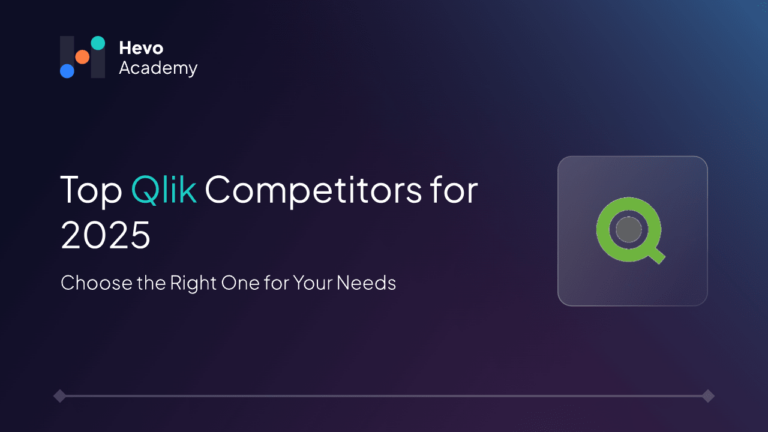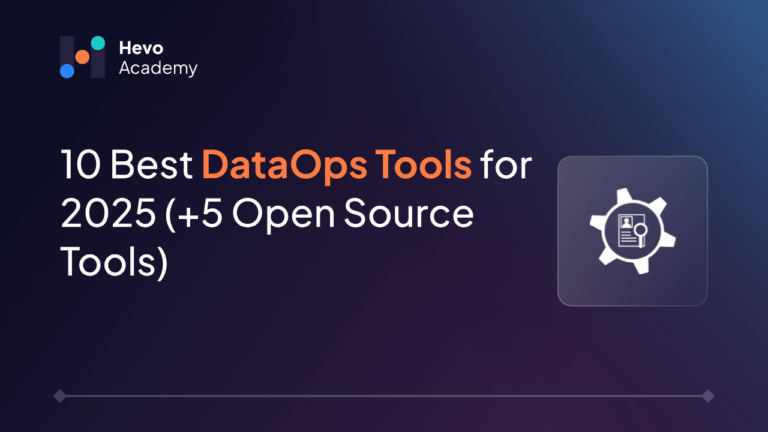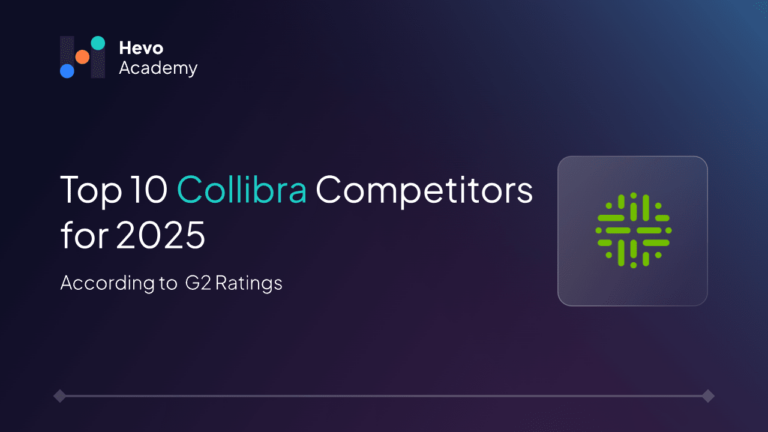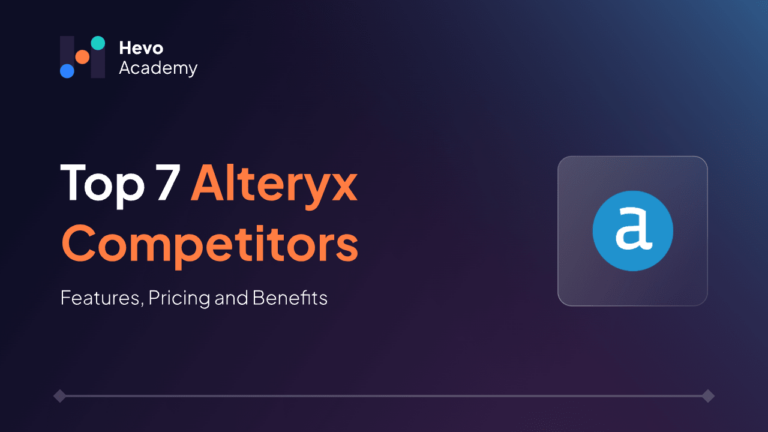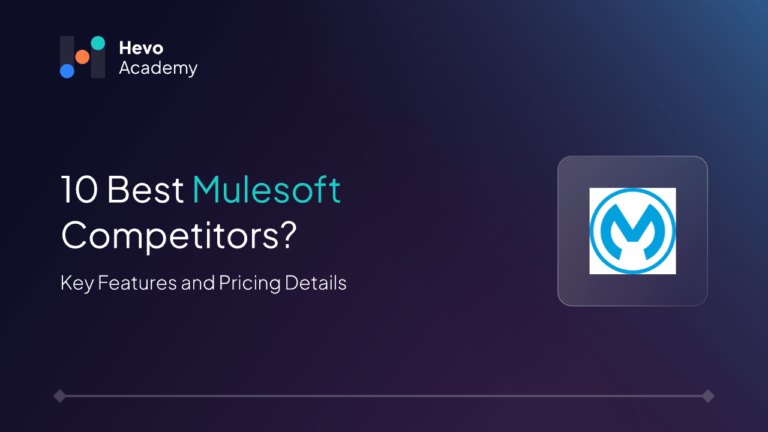BI tools are a must for any organization that wants to transform data into actionable insights. Even though Qlik might be the leading name in the BI space, you might look at the alternatives with special features and pricing models that might work better for you. This blog discusses the best Qlik competitors by highlighting the strengths of these alternatives when choosing the right answer for your business goals.
Table of Contents
Overview of Qlik
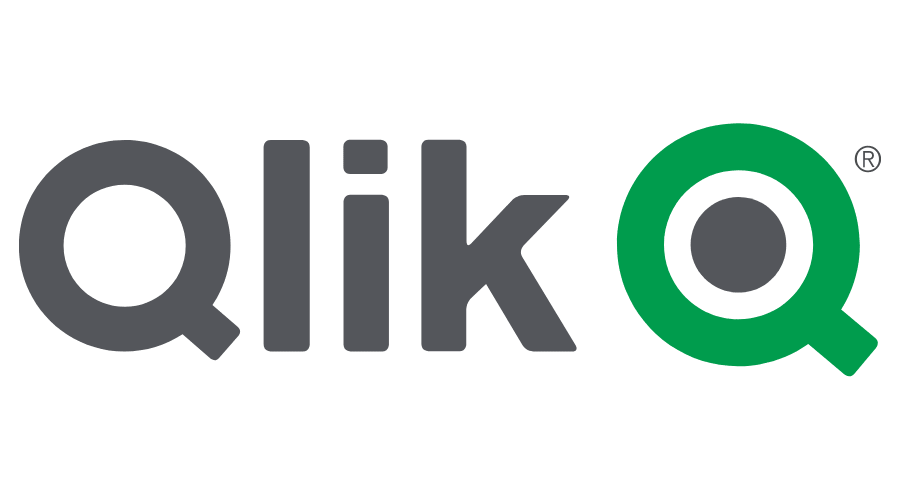
Qlik is a business intelligence and data analytics service provider for organizations driven by data. Among its many features, it includes strong data visualization, interactive dashboards, and advanced analytics capabilities. Its associative engine helps a person look into the various data sources that might uncover hidden patterns that could help a customer or a user of an organization.
In addition to being an analytics tool, Qlik supports seamless integrations with various data sources and platforms. It also incorporates machine learning (ML) and artificial intelligence (AI) features, enabling predictive analytics and automated insights. These capabilities make it suitable for both small businesses and large-scale enterprises, catering to diverse organizational needs.
Key Features & Products of Qlik
- Qlik Sense: Next-Gen Analytics platform that offers self-service data visualization and interactive dashboards.
- QlikView: A legacy product for guided analytics and data discovery.
- Associative Engine: This permits exploration by joining data from diverse sources for the purpose of analysis.
- Data Integration Platform: It provides facilities like data transformation, migration, and real-time streaming of data.
- Augmented Analytics: It lets you make decisions with more confidence through insights and predictions made through AI and automation.
- Scalability: It supports businesses of any size. Also, it is flexible to be used in the cloud as well as on-premises
Why Should You Consider Other Alternatives for Qlik?
- Cost Efficiency: Most of the Qlik alternatives are cost-effective, especially for small and medium-sized businesses, making them more accessible without compromising the features.
- User-Friendliness: Some of the competitors have much easier interfaces and faster onboarding. Hence, teams can get up and running to analyze data without needing major training.
- Customization Options: Certain alternatives allow more flexibility in tailoring features and interfaces to fit your business needs.
- Cloud-Native Solutions: Cloud-native solutions make scalability easy while ensuring seamless management of remote teams and resources.
- Specialized Features: Qlik lacks some other special features that its alternatives might have, such as deep integration with some data sources, high-level machine learning, and stronger data visualization.
- Data Processing Speed: Some other tools might be faster at processing large data sets, thus saving lots of time on processing and analysis.
Top Qlik Competitors List
1. Microsoft Power BI

Power BI is one of the top business intelligence solutions that allow one to view and analyze marketing data efficiently. As a result of intuitive dashboards and AI-driven insights, it has emerged as one of the favorites for businesses when they seek data-driven marketing decisions through Power BI.
Key Features:
- Interactive Dashboards: Creates highly interactive, visually appealing dashboards, hence making it an efficient way to analyze real-time marketing data.
- Seamless Integration: It integrates various data sources including Microsoft tools: Excel and Azure, and other third-party marketing platforms.
- AI-Powered Insights: AI-based patterns are detected, and automatic insights are generated for a marketing strategy.
- Custom Visualizations: Custom visual reports are created based on specific marketing needs.
- Pricing: Offers a free version; Power BI paid plans start at $10.00 per user/month.
2. Tableau
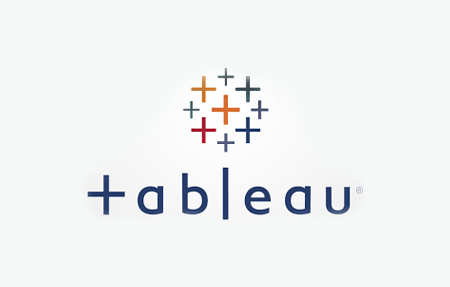
Tableau is a powerful tool for data visualization. Analysis of marketing data can be done without much hassle; insights are clear to the decision-makers via interactive and shareable dashboards. Known for its intuitive interface, Tableau remains one of the most popular marketing tools employed by different teams to check their performances as well as trends.
Key Features:
- Drag-and-Drop Interface: This allows building visualizations without any coding skills.
- Real-Time Data Analysis: Real-time data analysis is possible so the companies can take immediate marketing decisions.
- Advanced Analytics: It comes with AI and machine learning support to find untapped trends behind marketing data
- Collaboration Tools: It offers live dashboards to be shared with stakeholders as well as the teams for efficient teamwork
- Pricing: Tableau Public is free; Tableau Creator is at $75 per user/month.
3. Looker
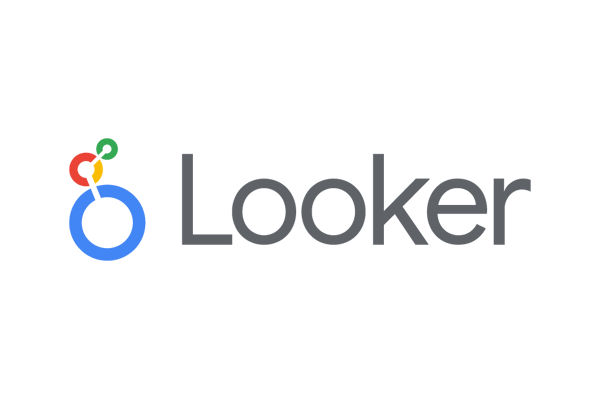
Looker is a data exploration and analytics platform that allows any marketing team to visualize and perform exploratory interactive data analysis from various sources. This gives the organization the ability to make an informed decision in business through its full-featured reporting platform with a self-service interface.
Key Features:
- Data Modeling: This will help companies build a model suited to their individual marketing needs.
- Seamless Integration: Hundreds of third-party applications and thousands of databases can be seamlessly integrated so all the marketing data is in one place.
- Custom Reports and Dashboards: Users can get customized KPIs by creating reports and dashboards
- Collaboration and Sharing: Instant sharing of insights with others on your team
- Pricing: Pricing is available on request, depending on the scale of the business.
4. Alteryx

Alteryx is a data analytics platform that enables streamlining data preparation, data blending, and analysis. Therefore, it facilitates marketers in the workflow of customer data analysis, thus resulting in actionable insights. Analytics power coupled with an easy interface helps businesses make proper marketing campaign decisions, ensuring better results.
Key Features:
- Data Preparation and Blending: It connects and prepares data from any source, which then makes it easy to analyze.
- Advanced Analytics: Predictive, statistical, and spatial analytics give more insight into marketing.
- Automated Workflows: This saves time and reduces errors while processing because of the automation and scheduling.
- Integration of Multiple Sources: All the cloud platforms, databases, and marketing tools are seamlessly integrated.
- Pricing: Alteryx pricing for users starts at $5,195 per user/year and varies depending on other business needs through multiple plans
You can take a look at the list of the top Alteryx competitors to help you make the right decision.
5. Sisense

Sisense is an analytical data platform that breaks complicated data into simpler and easier-to-understand insights. It also popularly caters to the management of big data, giving the best visualization of how a campaign has been performing. This gives marketers a view of how they have improved. It makes raw data into actionable intelligence through powerful analytics and reporting.
Key Features:
- In-Database Analytics: This enables the direct analysis of data in the database, thereby reducing time and facilitating effective analysis.
- Customizable Dashboards: This allows dashboards as per the needs of marketing; that is, creating a customized dashboard relevant to marketing needs
- Data Integration: It collects data from various sources, such as advertising networks, CRMs, databases, etc., thus providing comprehensive views.
- Machine Learning Integration: It provides machine learning capability to predict patterns and make more intelligent marketing decisions.
- Pricing: Sisense pricing is available on request, usually based on the size and complexity of the business.
6. IBM
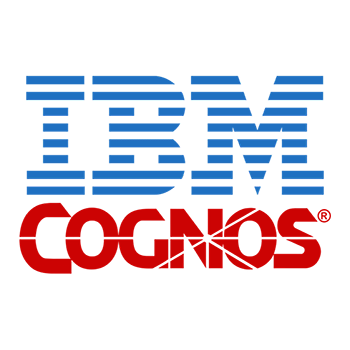
IBM provides various analytics solutions such as IBM Cognos Analytics, that provides deep business intelligence capabilities. It supports data gathering and analysis of data from different sources, which can be further visualized. IBM solutions are known for strong data management and AI-powered insights, making it super-powerful for data-driven marketing.
Key Features:
- AI-Powered Analytics: This provides actionable insights in addition to refining decision-making through artificial intelligence.
- Advanced Data Governance: It ensures data safety, compliance, and control throughout the entire organization
- Collaborative Reporting: Teams can collaborate by using a common set of reports and dashboards
- Data Integration & Visualization: It connects various data sources with powerful, intuitive visualization for quick comprehension.
- Pricing: IBM offers flexible pricing based on deployment scale and specific business needs for custom quotes.
7. MicroStrategy
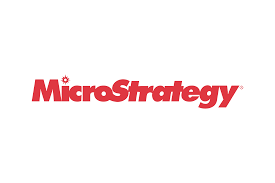
MicroStrategy is a business intelligence platform with powerful data analytics and visualization. It provides in-depth insights to the organization about its business data, thus supporting the decision-maker in growth and efficiency. When it comes to large deployments, MicroStrategy outshines others in advanced analytics with robust data security and enterprise scalability.
Key Features:
- Advanced Analytics: It provides built-in machine learning and AI capabilities that uncover hidden insights.
- Interactive Dashboards: Flexible, customizable, real-time dashboards for action
- Cloud & On-Premise Solutions: Flexibility in the deployment to support various business requirements.
- Data Security & Compliance: The product offers powerful data governance for enterprise-level security and compliance requirements.
- Pricing: Tiered pricing based on the number of users and scale of deployment. You can also get a custom quote.
Factors to Consider When Choosing an Alternative
- Data Integration Needs: Find the tools that are easy to integrate with the new and existing stack technology, be that CRM, ERP, or any marketing platform, which will ensure no data silos.
- Scalability: The alternate should be capable of scaling according to business requirements, whether it be data volume or users.
- Ease of Use: It should be user-friendly to accommodate different levels of technical capability in your organization. The simpler it is, the more willing your team will be to adopt it.
- Support and Customer Service: Evaluate the quality and how easily accessible customer support is, because support may prove invaluable in addressing data and analytics problems.
- Performance and Speed: Select an application that will handle large data sets without lag and provides the insights quickly to make real-time decisions.
- Security and Compliance: Select an alternative that provides very high security measures and abides by all applicable data protection regulations if you handle sensitive information of customers.
Conclusion
Qlik Alternatives are needed to identify the best solution for your business needs. You can choose to go with what you want best from the wide options available, including Microsoft Power BI, Tableau, and Alteryx. To determine the correct alternative, evaluate it based on factors such as scalability, integration, and even pricing. Further, if you want an efficient integration tool to uplift your pick, Hevo provides you with seamless no-code integrations to make your workflows of data flow easier and give you more real-time insight.
Sign up for a free 14-day trial with Hevo and optimize your data today.
FAQs
1. Is Qlik better than Tableau?
It depends on your needs. Qlik is strong in data exploration and associative data models, while Tableau is known for its powerful visualization capabilities and ease of use. Qlik may be better for complex data sets and analytics, while Tableau excels in intuitive dashboard creation and simple visual insights.
2. What are the disadvantages of Qlik?
Some disadvantages of Qlik include its steep learning curve, complex setup process, and higher cost compared to other tools like Power BI. Users may also face performance issues when dealing with large data volumes or when using it for non-technical users.
3. What is the future of Qlik?
The future of Qlik looks promising with its continued focus on cloud analytics and artificial intelligence (AI) integration. The company is expected to expand its offerings in the AI-driven data analytics space, with enhanced user-friendly tools and integrations for businesses looking to harness big data insights.

